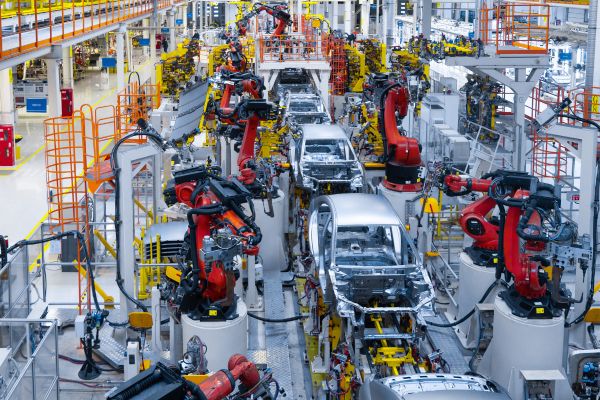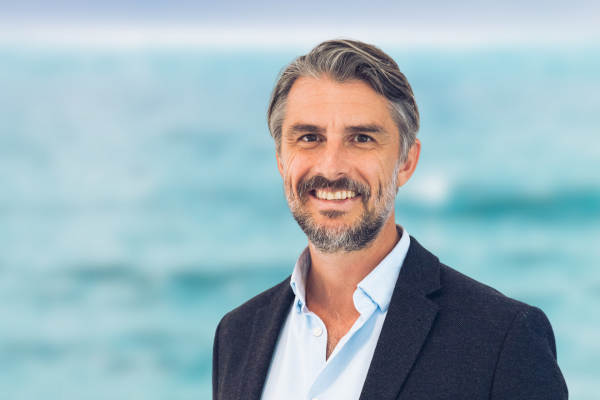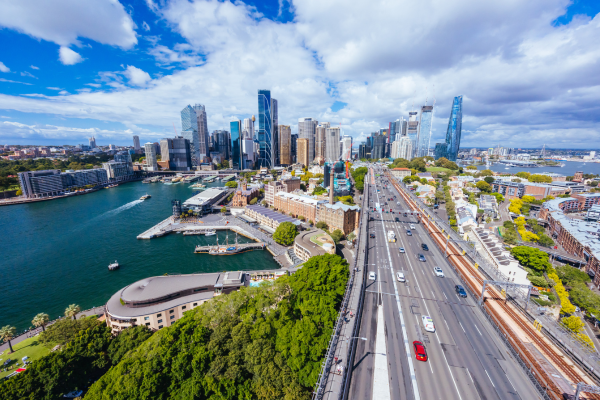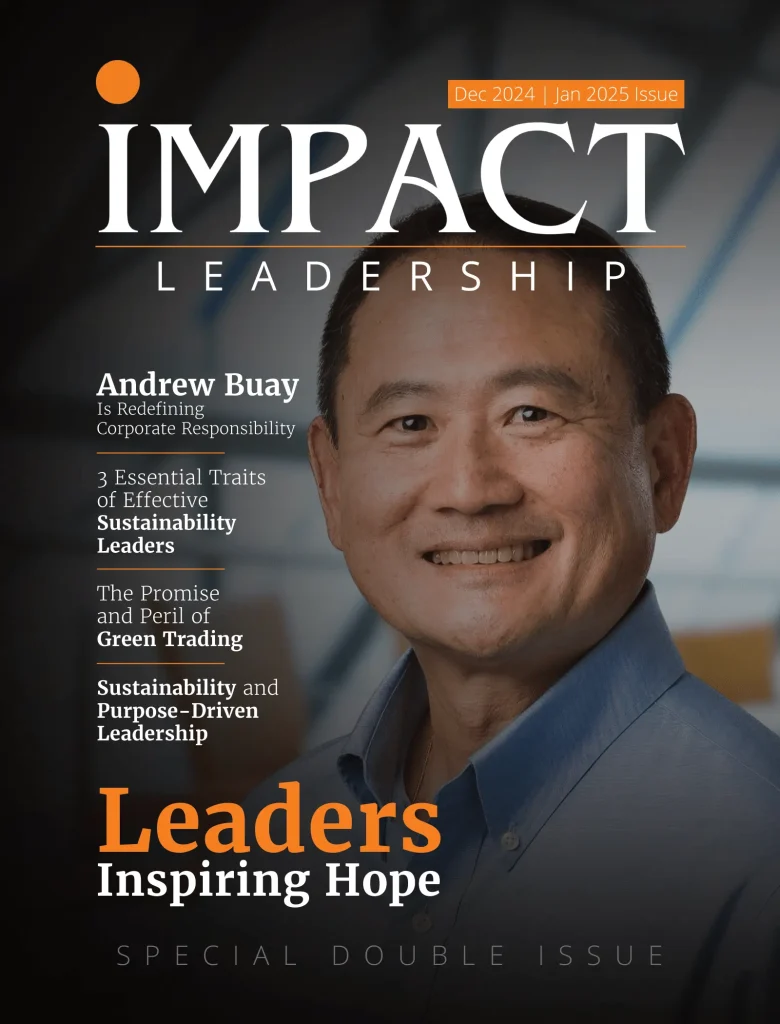Australia has lifted its 2030 emissions reduction target to 43% and even greater ambition can be seen across states and territories. NSW has committed to a 50% reduction by 2030 and 70% by 2035. Progress within business and industry is encouraging however significant challenges remain. Net zero will not be achievable unless large corporations, especially those in difficult to abate sectors, radically accelerate efforts to reduce scope three emissions across supply chains. Leading experts in Scope 3 emissions reduction came together to discuss key challenges and brainstorm solutions for achieving sustainability by 2030. Here’s a recap of their conclusions.
Summary of Key Discussion Points:
- Set Clear Targets: Establish confident Scope 3 targets across value chains by involving all stakeholders and ensuring clear, measurable goals are set to track progress.
- Education & Capability: Provide comprehensive education and training to enhance capabilities throughout the value chain, ensuring everyone understands their role in reducing emissions.
- Early Engagement: Engage stakeholders early and frequently to build strong relationships and foster a collaborative environment focused on achieving shared sustainability goals.
- Leverage Technology: Use advanced technology to accelerate data collection and analysis, making the process more efficient and reliable to better track emissions and identify areas for improvement.
- Incentives: Develop both short-term and long-term incentives, such as tax breaks or subsidies, to encourage companies to invest in emissions reduction initiatives.
- Collaboration: Foster collaboration within the value chain to align objectives and targets, ensuring that all parties work together towards common sustainability goals.
Speakers, Presenters and Moderators:
Dr. Ali Nezhad, Head of Sustainability and Innovation, Boral
Andrew Buay, Vice President, Group Corporate Sustainability, Singtel & Optus Angus McDonald, CEO, Barbeques Galore
Ann Austin, Head of Sustainability, Lendlease
Katelyn Bonato, Partner, Energy Transition, PwC
Lisa Zembrodt, Principal and Senior Director. Schneider Electric
Lynette Mayne, Executive Chair, B Team Australasia & Climate Leaders Coalition Mark Rowland, CEO, Greenhouse
Michael Mazengarb, Senior Climate Advisor, Owl Advisory by KWM
Nick Metz, Business Development Lead, Australia and New Zealand, Terrascope
Tim King, Chief Financial Officer, Melior Investment Management
Read more in the September 2024 issue of Impact Leadership magazine.
Source of Information: Impact X Summit Sydney: Climate and Nature 2030 Report









